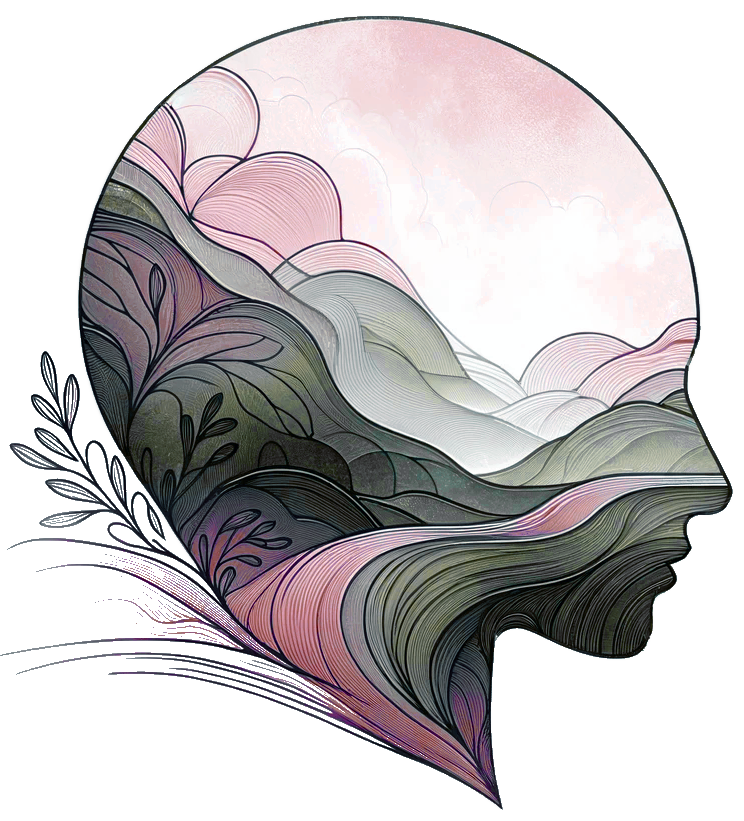
Unlock healing w/ Clinical EFT
Life brings challenges, and stress, trauma, and emotional pain can become embedded in ways that feel inescapable. Clinical EFT, or “tapping” offers a way forward—a powerful, research-backed approach that addresses anxiety, depression, trauma, chronic pain, and more by engaging both mind and body in the healing process.
How does EFT tapping work?
Emotional Freedom Techniques (EFT), rooted in Energy Psychology combines exposure and cognitive therapies with a somatic technique: tapping on specific acupressure points. This unique approach helps reduce the impact of traumatic memories stored in the brain and body, providing relief where traditional talk therapies alone may not reach. By activating a memory while tapping, EFT creates what’s known as a “prediction error,” where the brain starts to reprocess the memory with reduced intensity. This shift allows the nervous system to release stored stress, bringing a sense of true emotional freedom.
Studies show that EFT provides significant benefits for both emotional and physical health. Research indicates that EFT can reduce cortisol, the body’s primary stress hormone, by up to 43%, making it an effective tool for managing stress. Additionally, EFT has been shown to enhance immune function by as much as 113% and even influence gene expression, highlighting its profound impact on both mind and body for lasting emotional and physical well-being.
Proven Benefits of EFT
EFT’s effects on both emotional and physical health:
Cortisol Reduction: Tapping can reduce cortisol levels by up to 43%, helping manage stress.
Immunity Boost: EFT has been shown to increase immune function by as much as 113%.
Gene Expression: EFT positively influences gene expression, contributing to lasting well-being.
The Science Behind EFT
EFT activates several key brain regions and processes:
Amygdala: Sends calming signals to reduce stress responses.
Hippocampus: Reprocesses traumatic memories, lowering their emotional charge.
Neuroplasticity: Promotes new, healthier neural pathways for stress management.
Memory Reconsolidation: “Updates” distressing memories, reducing their impact.
Sustained PTSD Relief: Reduces PTSD symptoms by 53%, with effects lasting six months or more.
”Clinical EFT is here to help you move beyond survival mode,
offering deep healing for the mind and body”.
Begin your healing journey today…
Take the first step towards emotional freedom with an initial session for just AU $77 (Save $33). Whether you’re interested in counselling, Clinical EFT, or a blend of both, this session provides therapeutic support from the start. We’ll connect, discuss what’s happening for you, explore how counselling and EFT can help you reach your goals, and create a personalised pathway forward.
Backed by Science:
The Proven Impact of Clinical EFT
Clinical EFT is validated by research, with impressive impacts on emotional and physical health. See the key findings and statistics that highlight its evidence-based benefits.
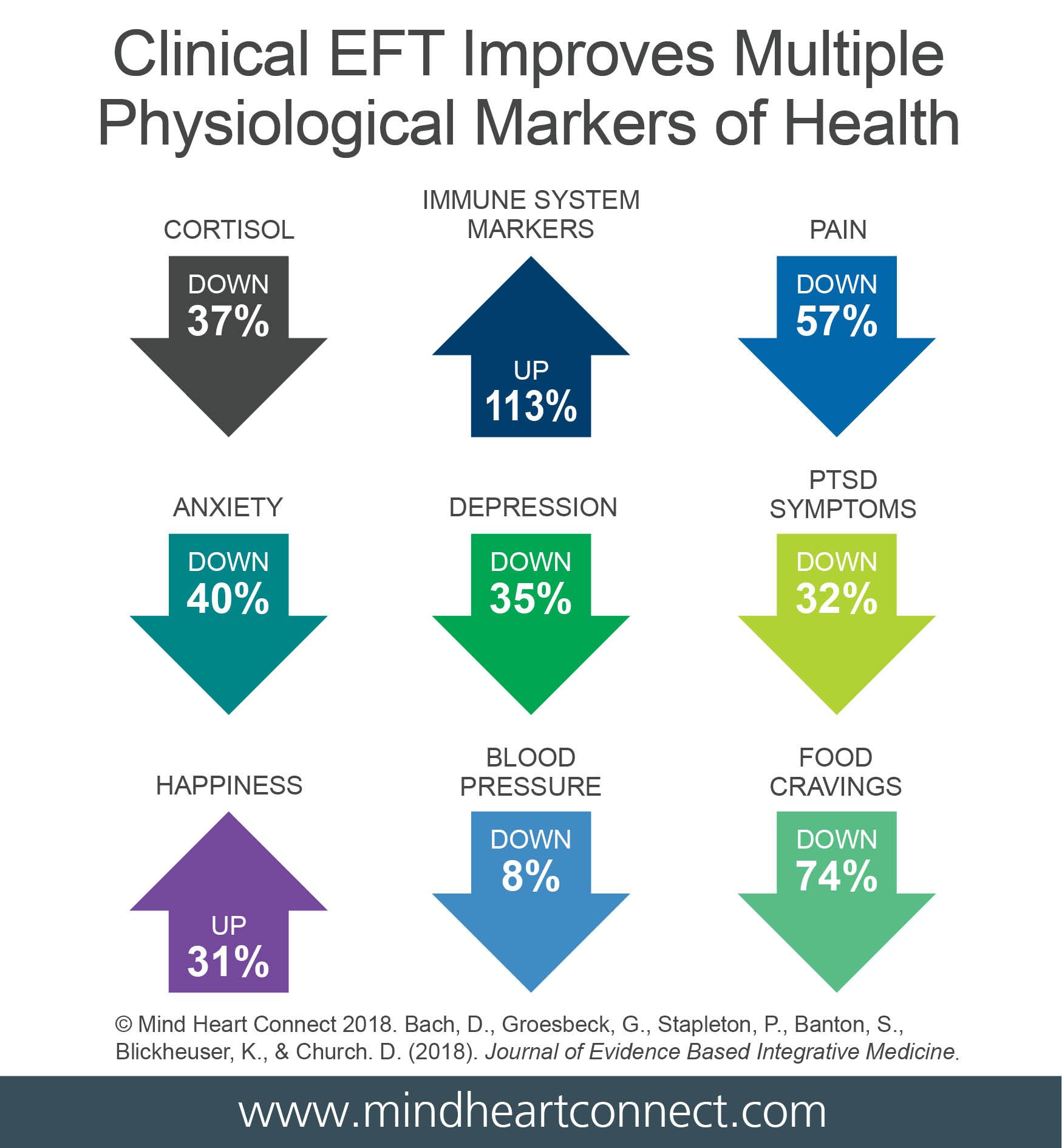
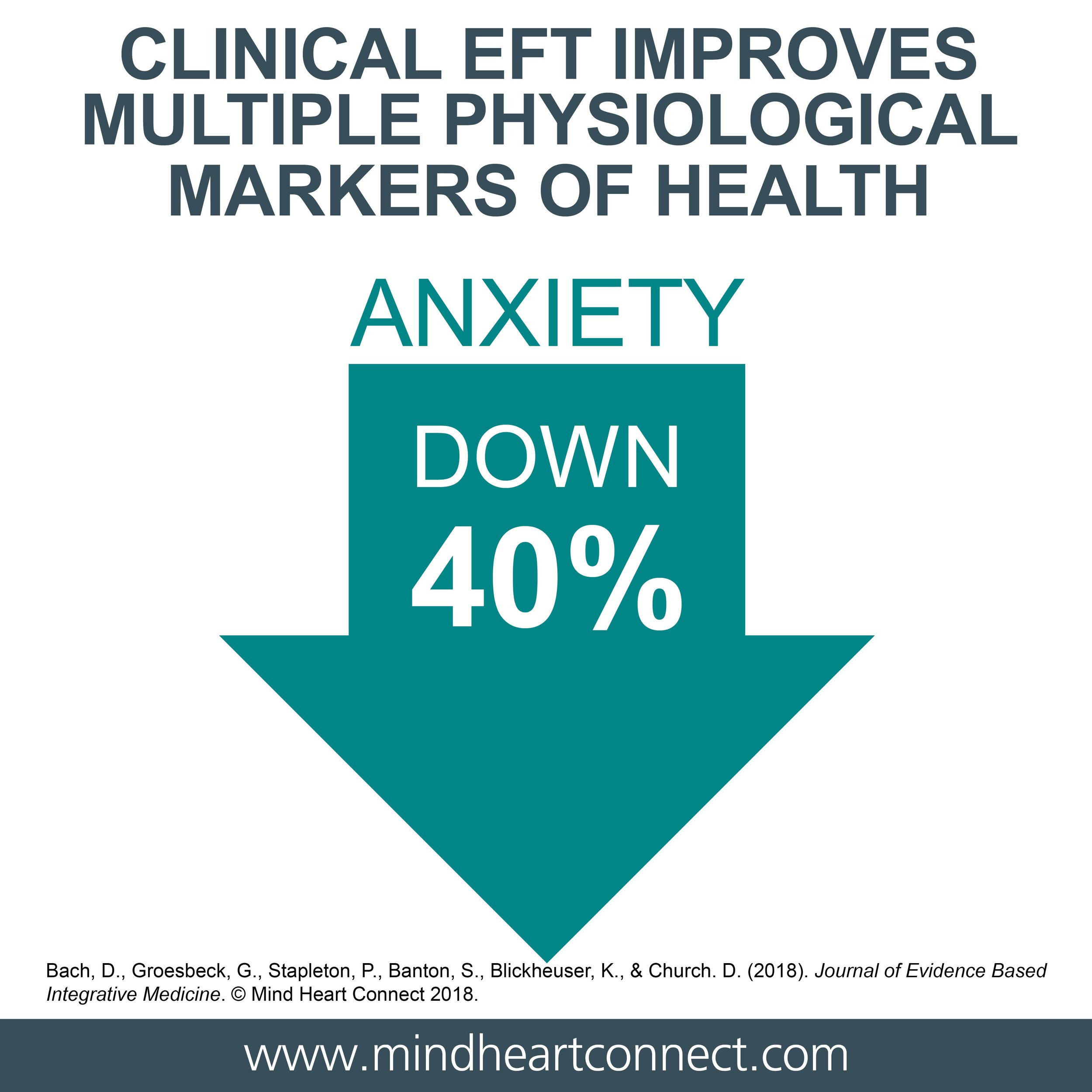
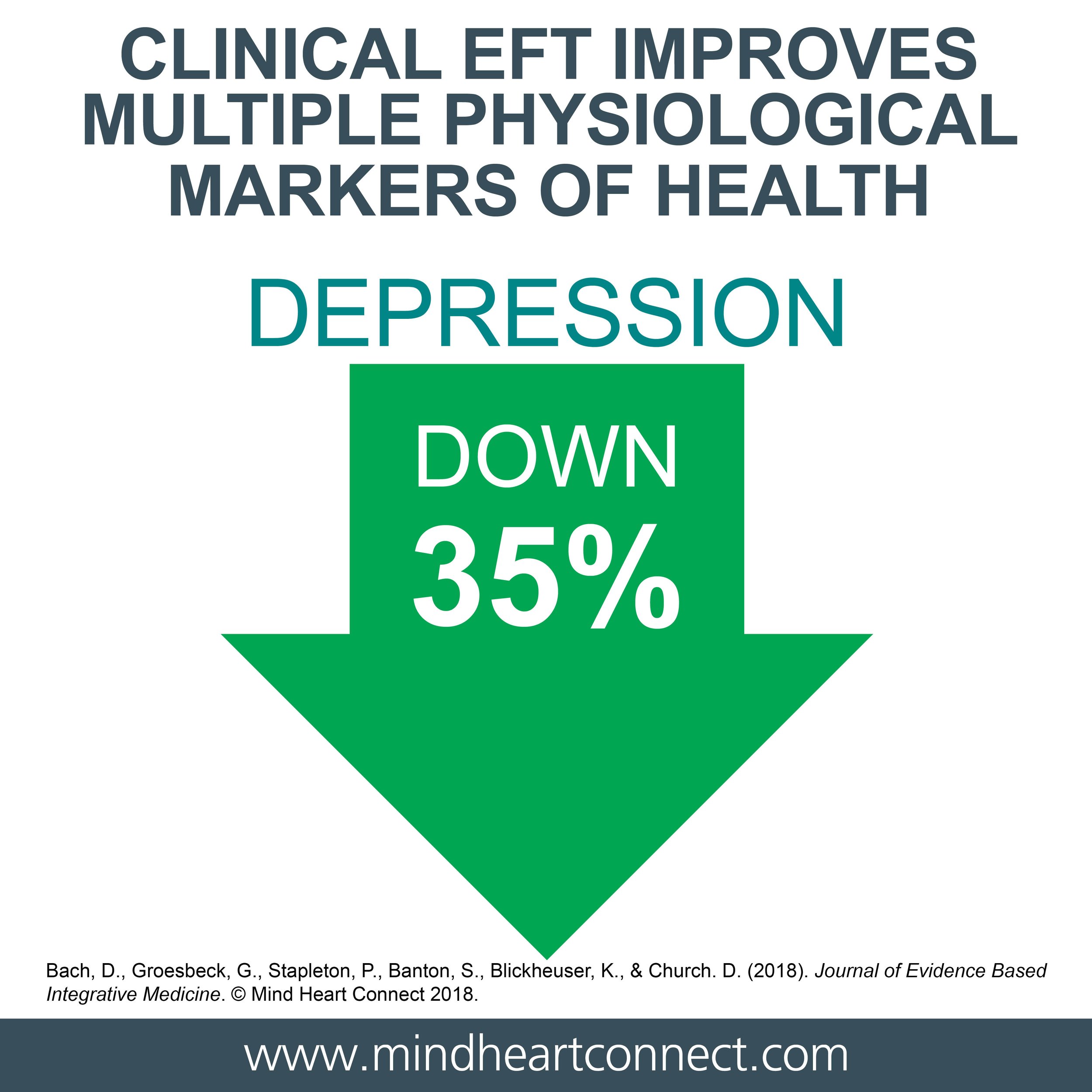

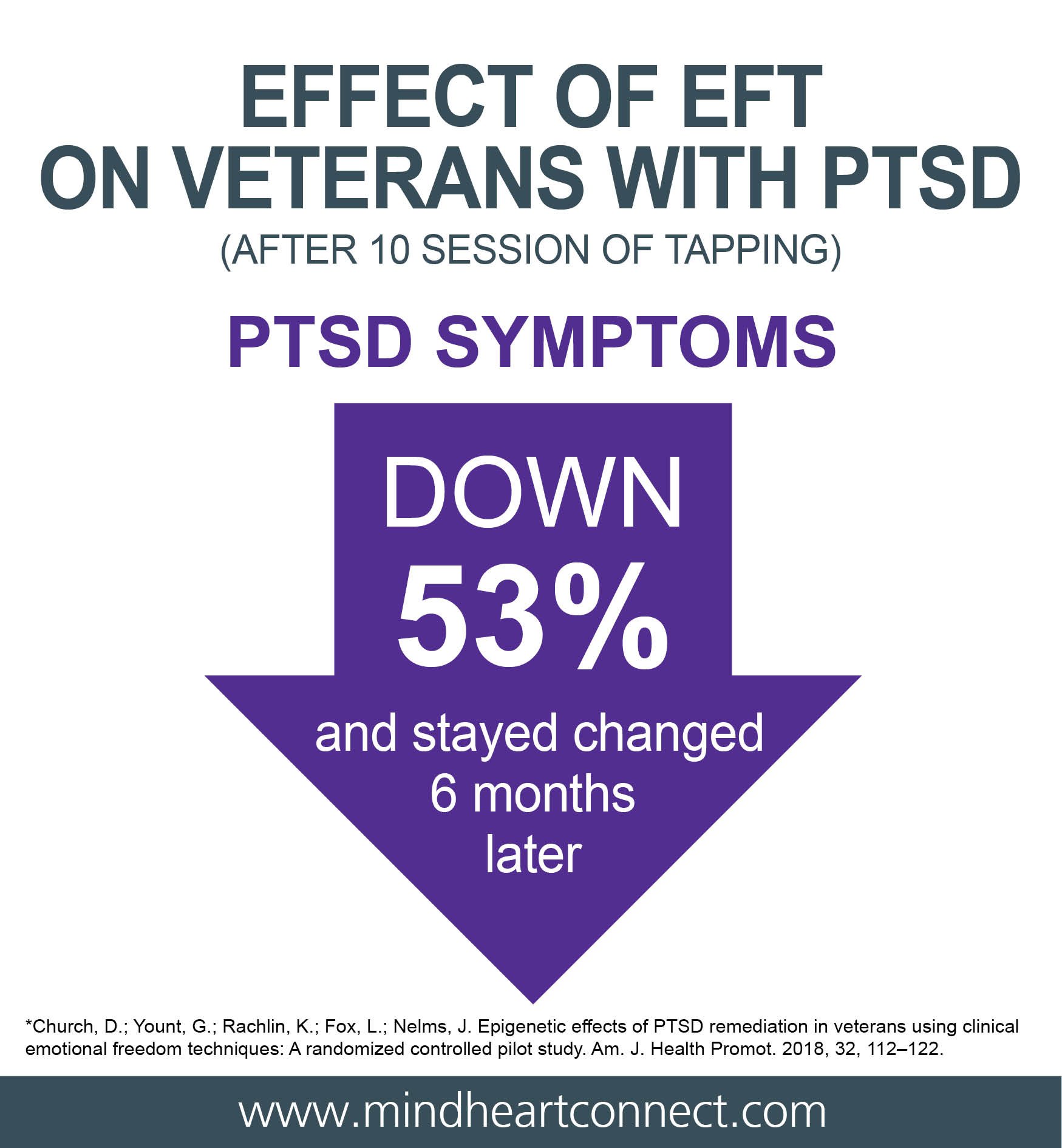
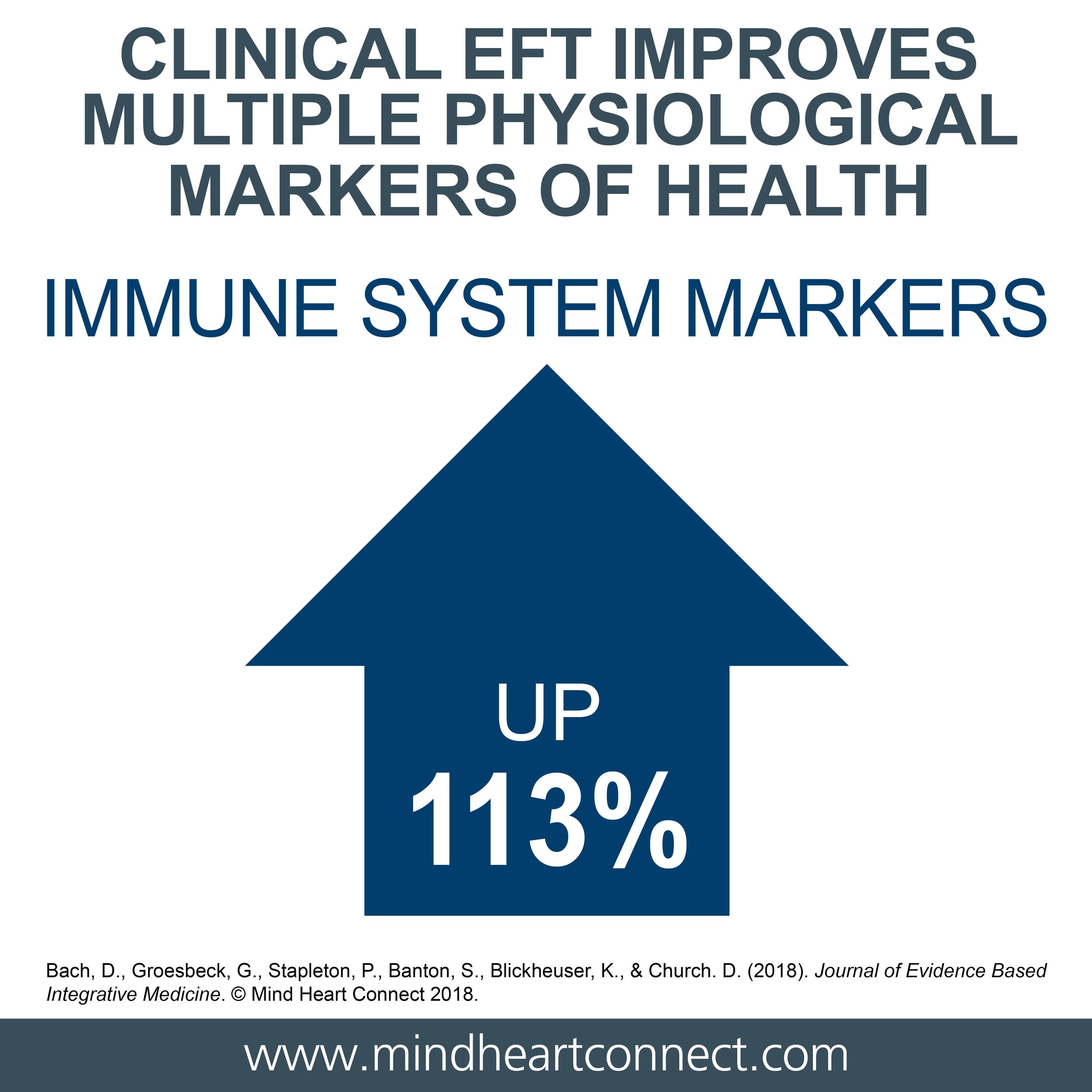
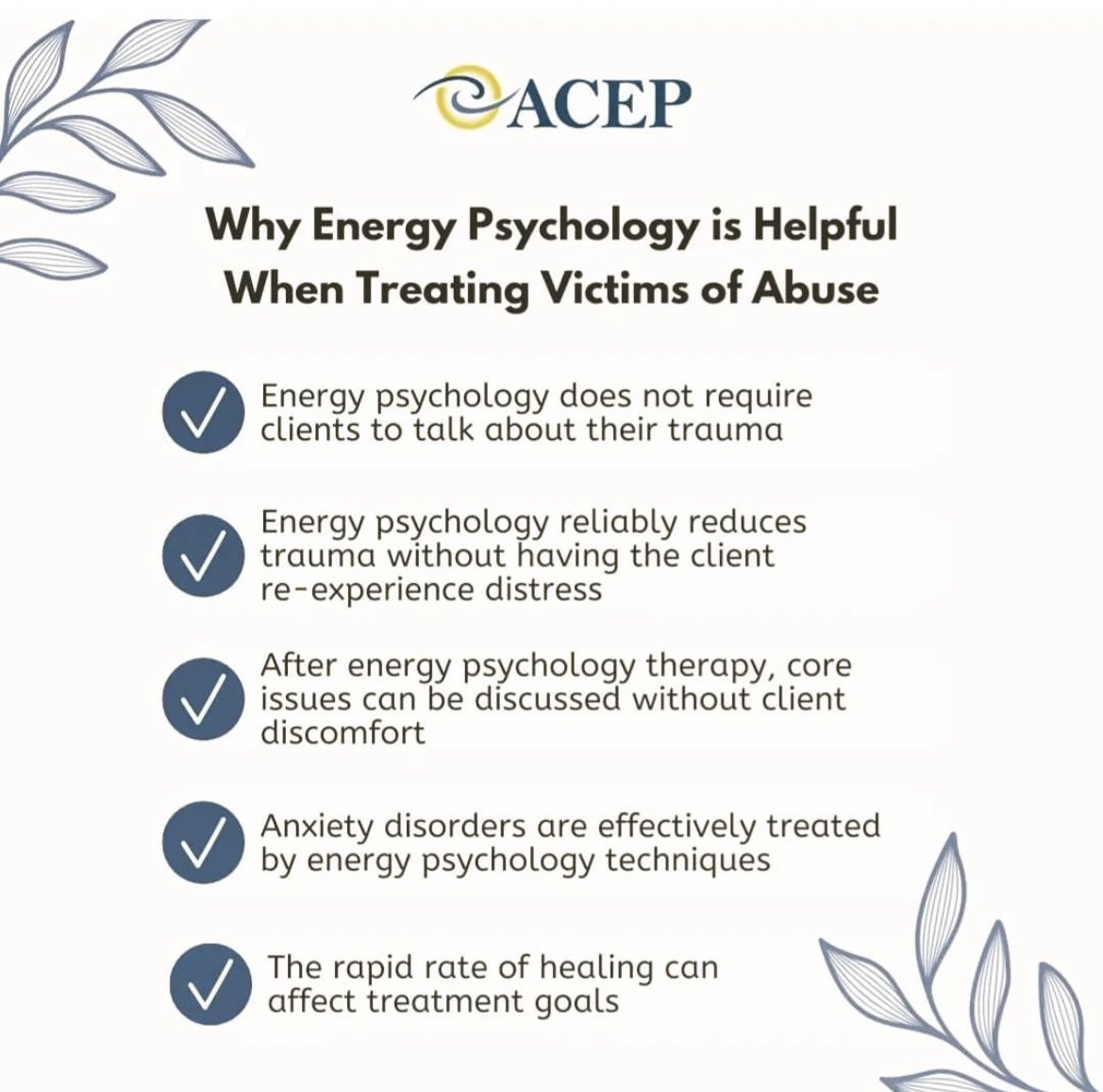
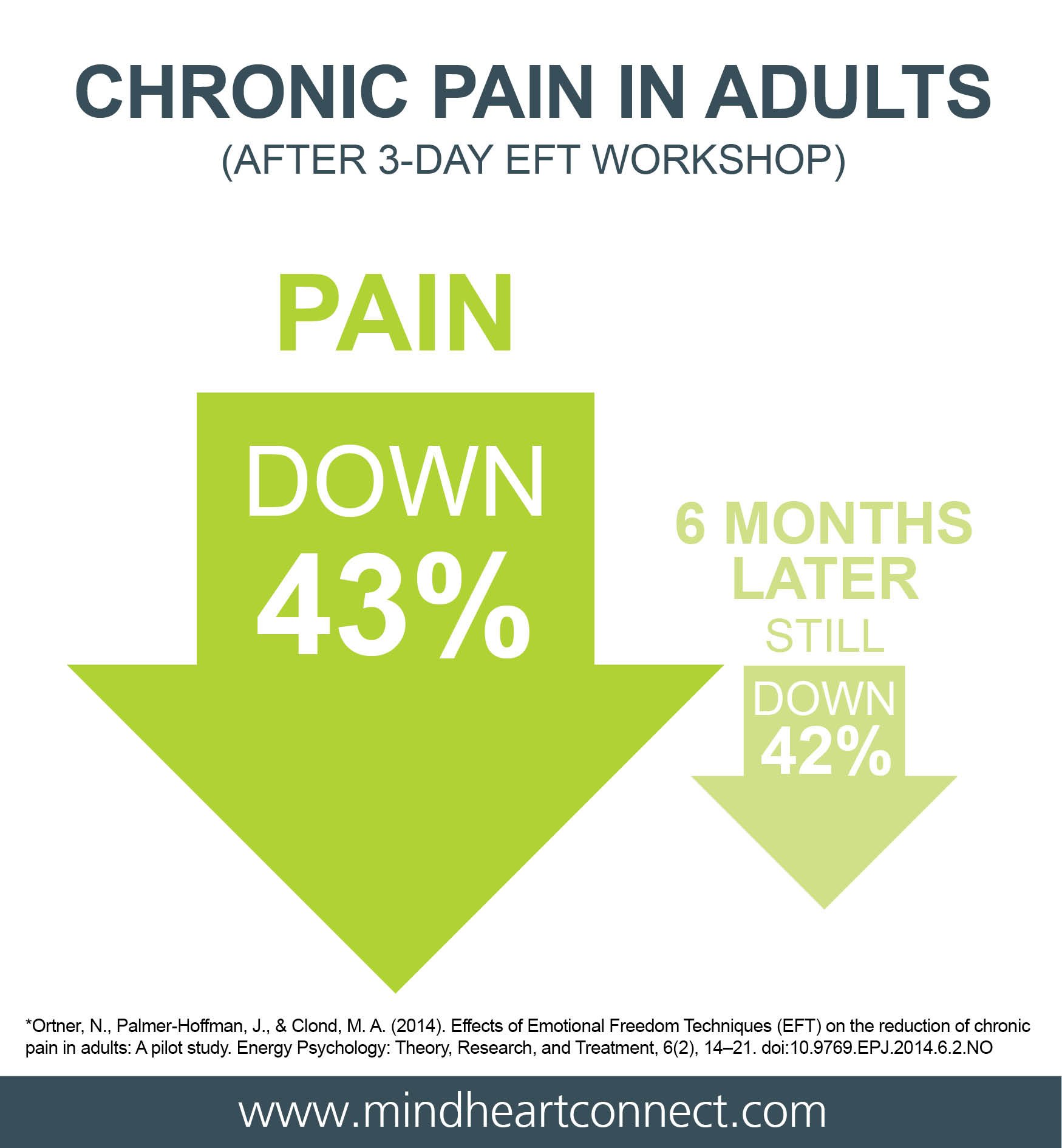

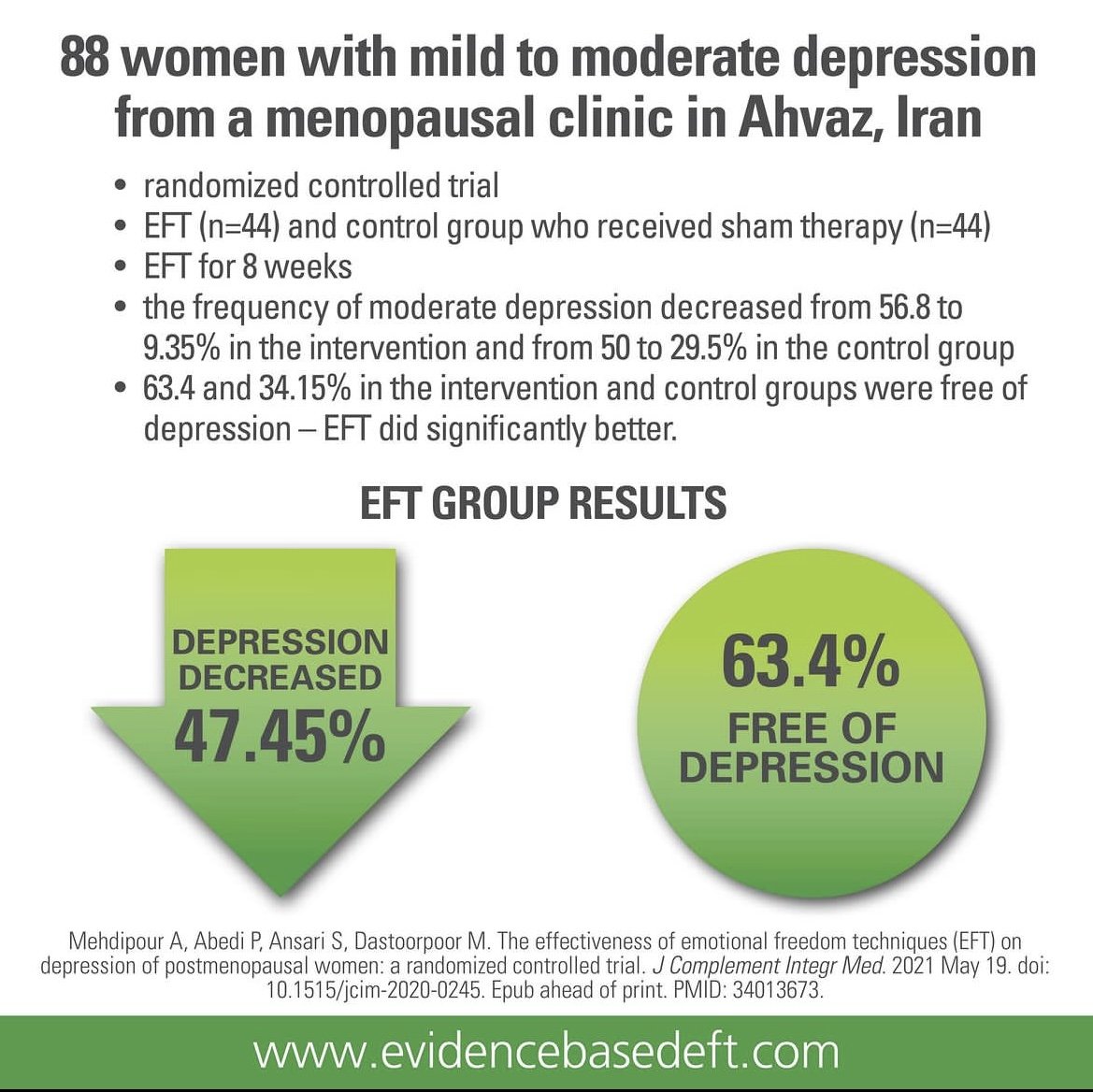
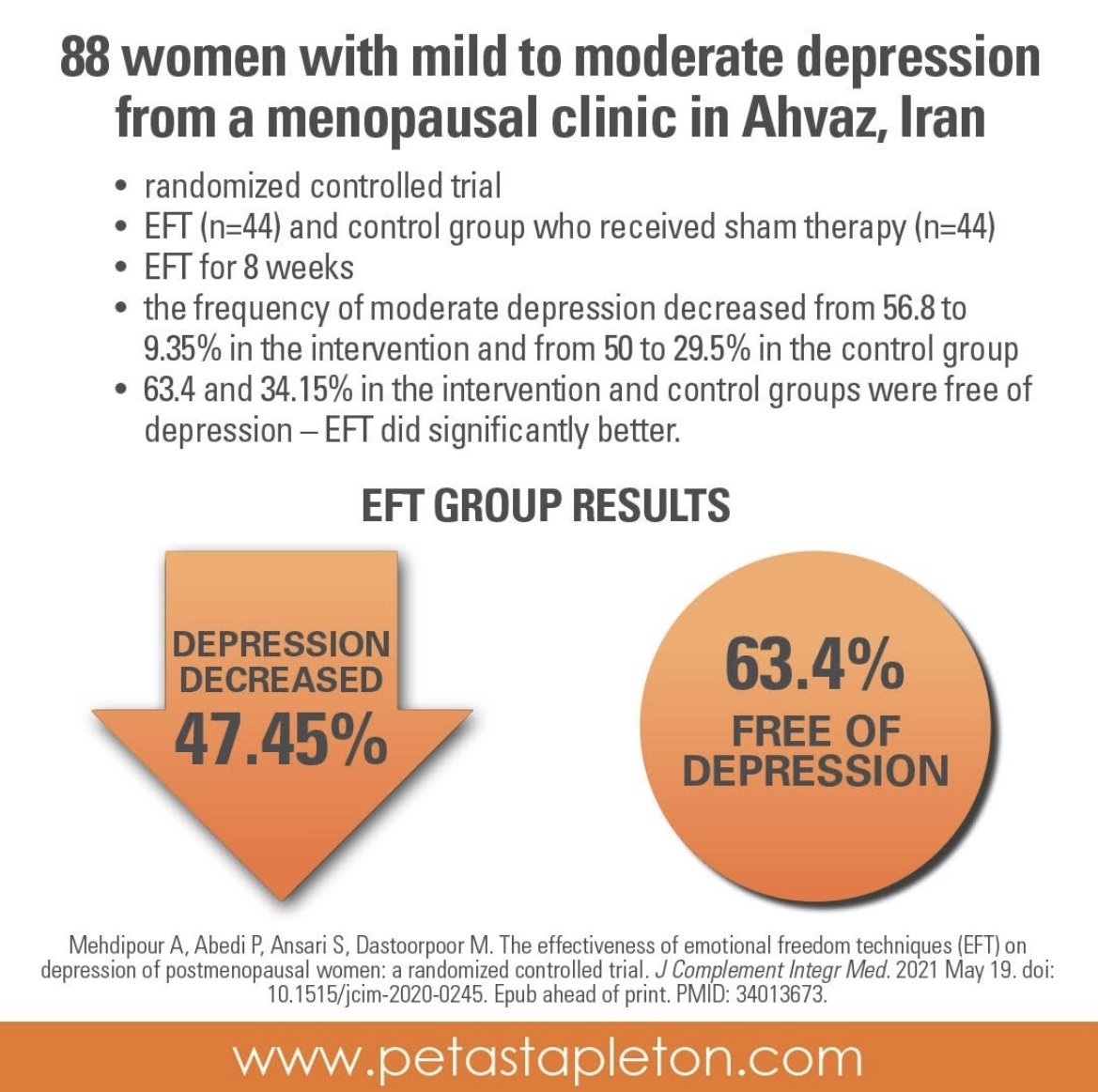
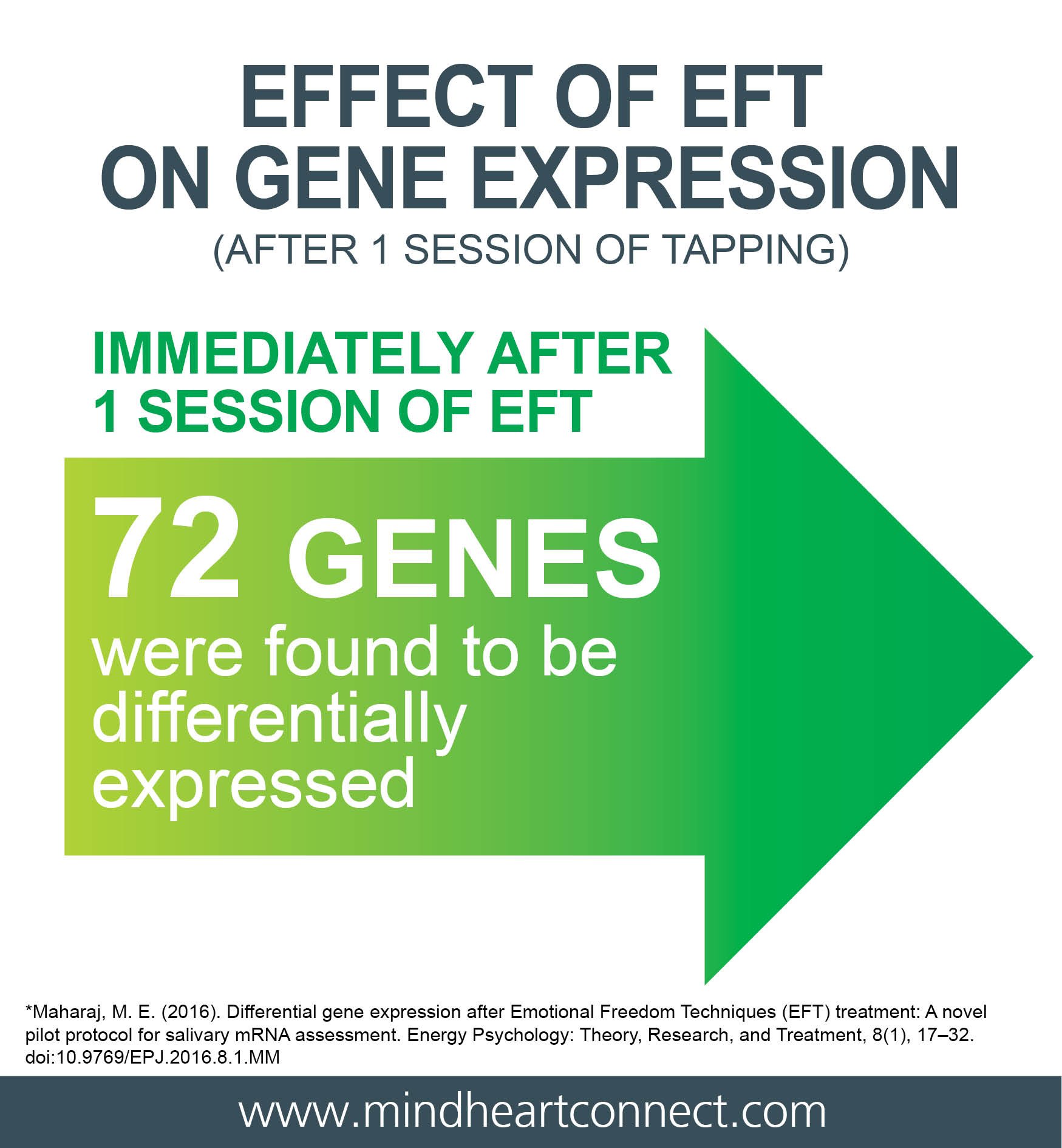
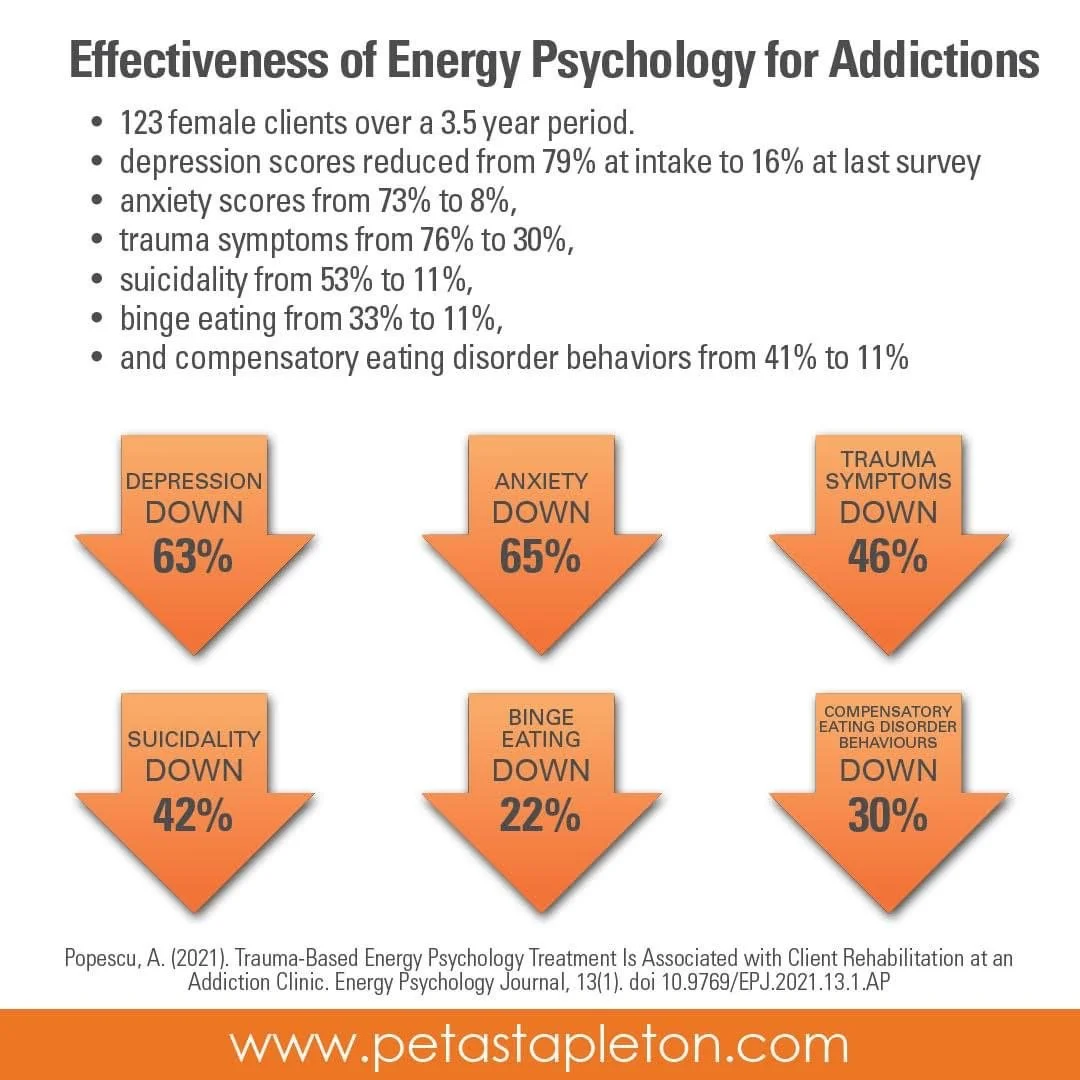

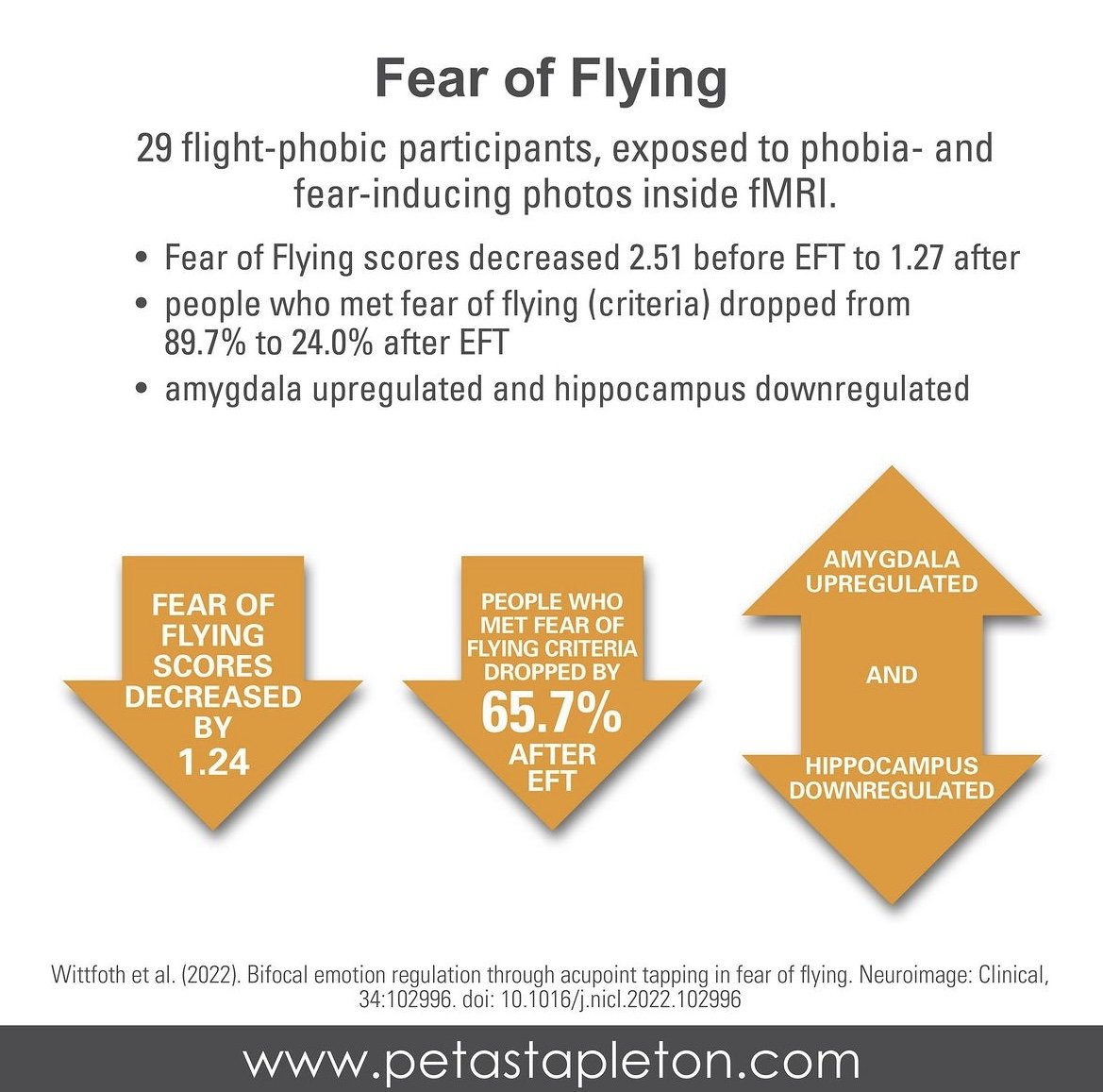
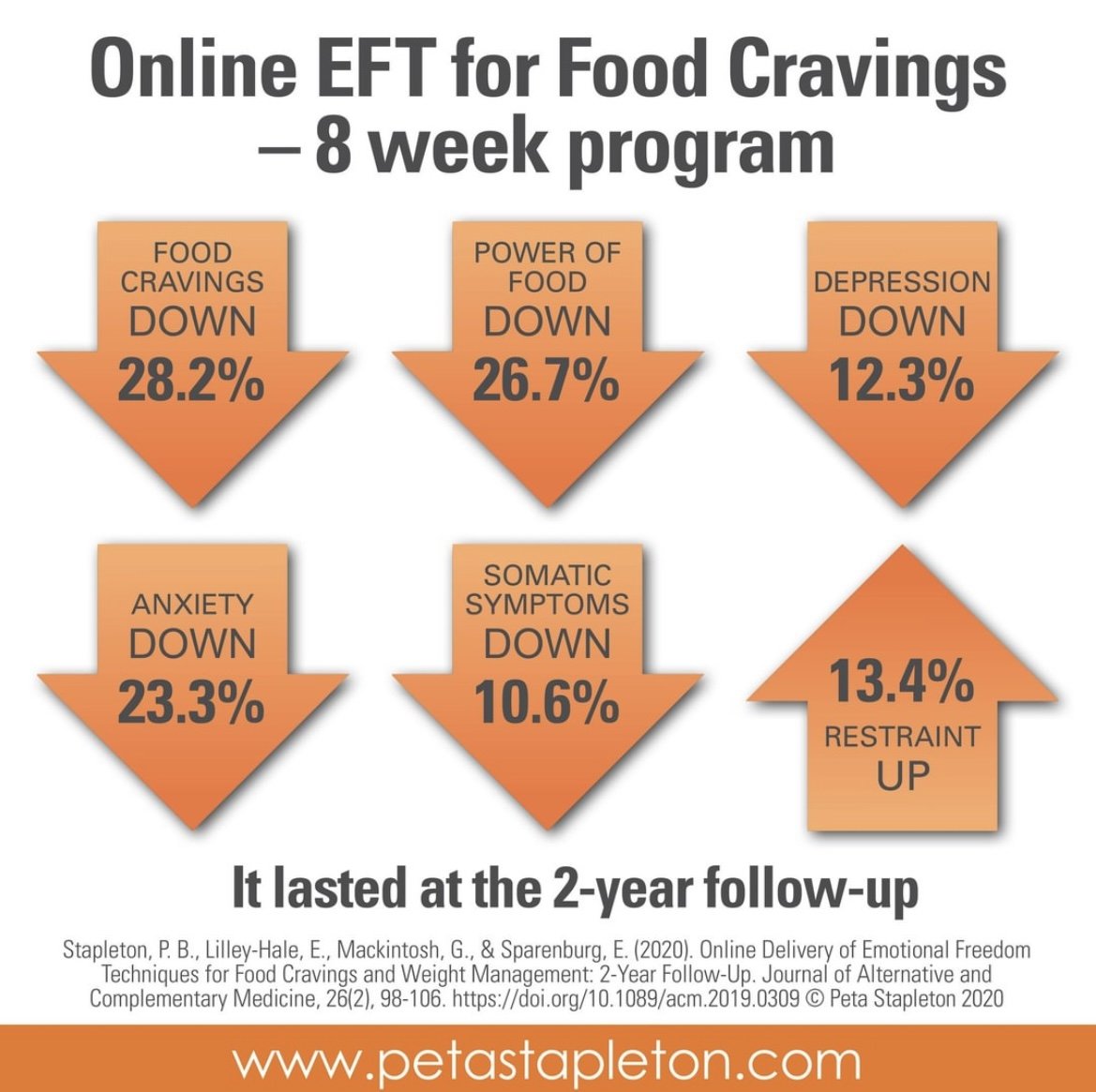
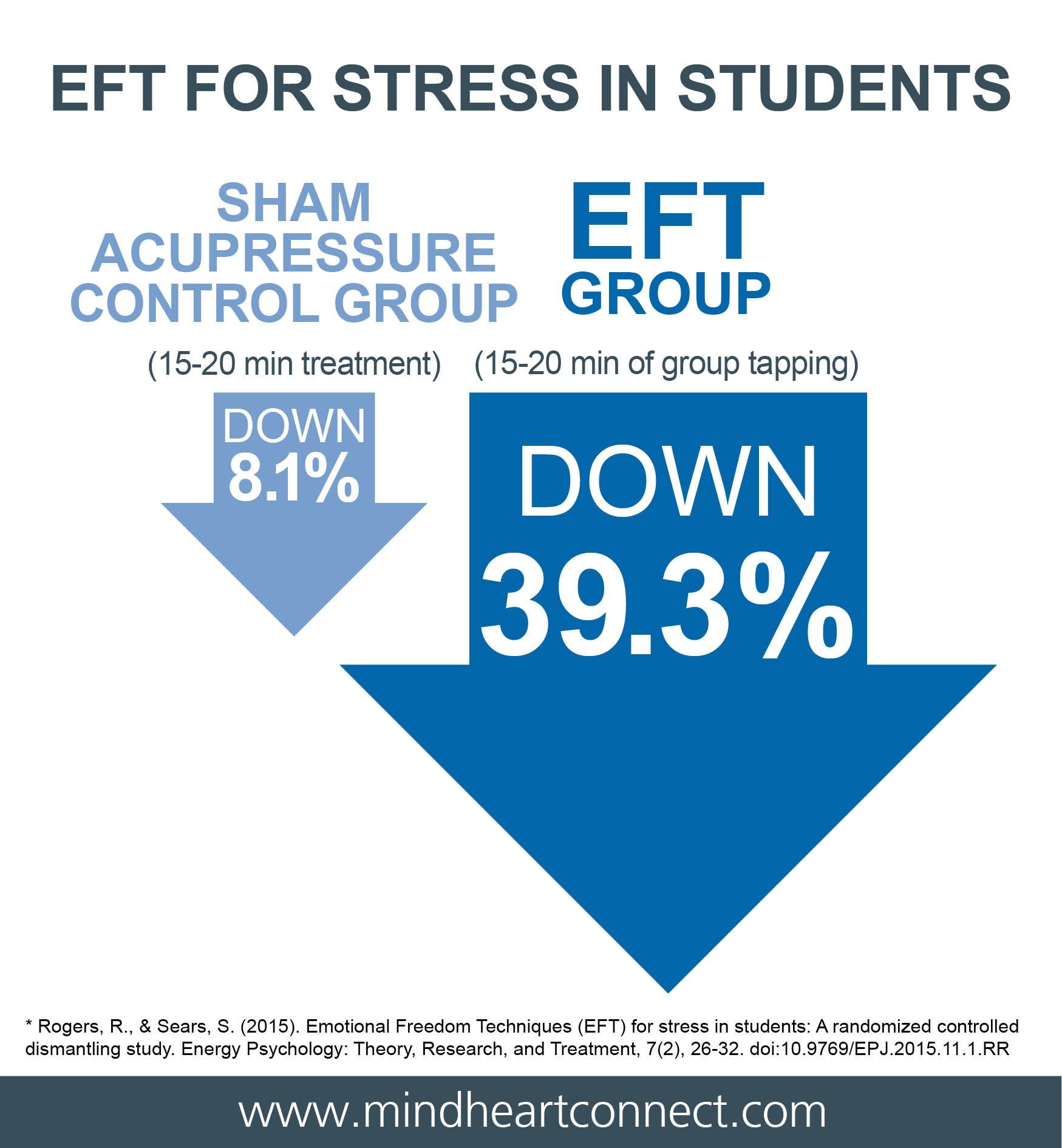
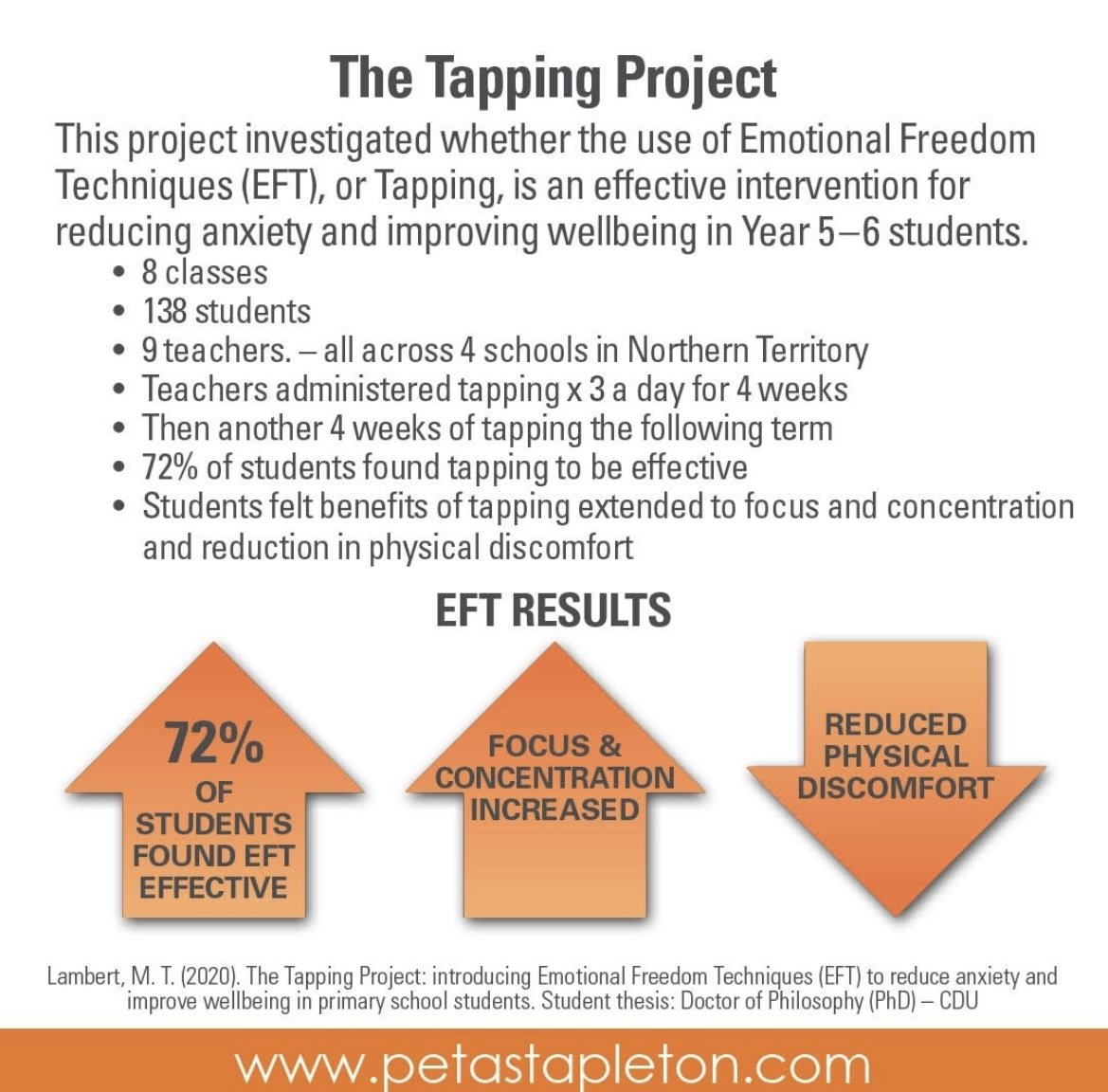
Services:
COUNSELLING
Counselling provides a safe space to explore challenges, gain clarity, and build resilience. Counselling supports healing, emotional growth, and lasting change.
CLINICAL EFT
Evidence-based tapping technique for healing trauma, reducing depression, stress, anxiety, chronic pain, insomnia, and improving mental and emotional health.
BOOK A SESSION
In-person sessions are available on Saturdays at Drop of Life Psychology in Burleigh Heads. Online sessions are available by appointment: hello@quietminds.au

